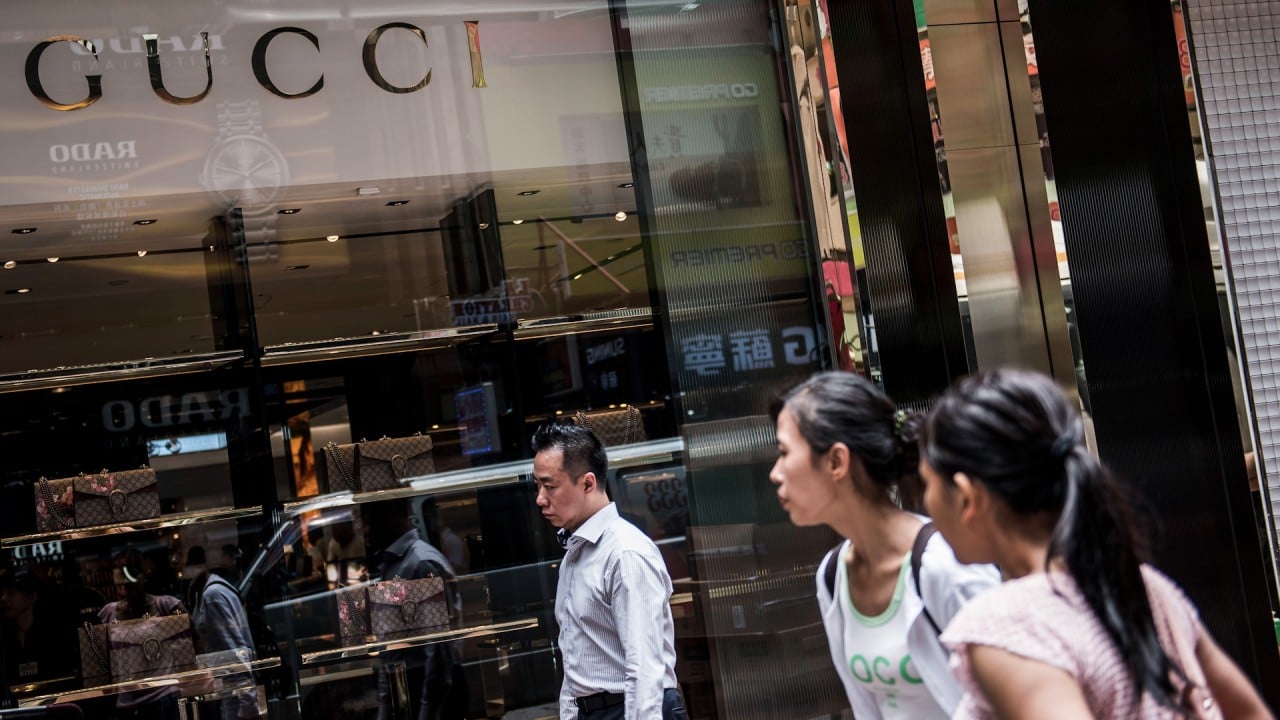LVMH sales growth slowed at the start of the year as wealthy consumers reined in spending on pricey Louis Vuitton handbags and Hennessy Cognac.
Organic revenue at the luxury group’s fashion and leather goods unit – its biggest division – rose 2 per cent in the first quarter, Paris-based LVMH said Tuesday. That compares with 18 per cent growth a year earlier at the unit, which houses brands such as Louis Vuitton, Christian Dior, Celine and Loewe.
The pace of growth was the slowest for a first quarter since 2016 – excluding 2020, when Covid-19 lockdowns shut down economies worldwide. Analysts surveyed by Bloomberg had expected growth of 3.2 per cent.
Louis Vuitton did slightly better than the unit average growth while Dior’s performance was slightly worse, LVMH chief financial officer Jean-Jacques Guiony said.
The performance suggests that LVMH Moet Hennessy Louis Vuitton, which has weathered the luxury slowdown better than most peers, has begun to feel the squeeze. Run by Bernard Arnault, the world’s richest person, the conglomerate has some 75 luxury brands spanning fashion, jewellery, hotels and liquor.
Last month, rival Kering warned that sales at its biggest brand, Gucci, likely dropped by about 20 per cent in the first three months of this year, hurt in particular by China. Wealthy Chinese have curbed outlays on pricey goods as rising unemployment and a property downturn weigh on consumer confidence.
LVMH sales fell 6 per cent in Asia, excluding Japan, in the quarter. Even so, Chinese demand for fashion and leather goods – at home and abroad – rose almost 10 per cent, Guiony said.
Organic revenue rose 2 per cent in both the US and Europe.
LVMH’s wines and spirits unit, which includes brands such as Moet & Chandon and Dom Perignon, struggled as demand remained weak. Organic revenue slumped 12 per cent, worse than estimates.
“Hennessy Cognac was once again hampered by a cautious attitude among retailers, which limited their orders in an environment that remained uncertain in the United States,” LVMH said.
The selective retailing unit was the top performer, led by beauty retailer Sephora, LVMH said.
When it comes to its jewellery brands, Tiffany & Co, because it generates about half of its sales in the US, has been more exposed to inflation-conscious aspirational customers in that country compared with Bulgari, whose presence in Asia is more important, Guiony said.
The CFO also said LVMH does not expect a “fabulous year” for watches.
Purveyors of luxury goods enjoyed a post-pandemic spending boom, which started to evaporate last year for brands catering to aspirational customers. The most exclusive brands such as Hermes International have so far withstood the downturn. Hermes reports quarterly sales on April 25.

